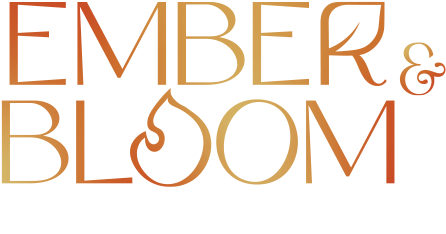
Relationship wellness is a crucial aspect of overall well-being, impacting our happiness, stress levels, and even physical health. It involves building and maintaining healthy, supportive relationships with family, friends, colleagues, and romantic partners. Strong, positive connections can provide emotional support, enhance our sense of belonging, and contribute to a more fulfilling life. Here’s how to foster relationship wellness and create meaningful connections.
Understanding Relationship Wellness
Relationship wellness encompasses various elements that contribute to healthy interactions, including:
- Communication: Open, honest, and respectful communication is the foundation of any healthy relationship.
- Trust: Trust involves reliability, integrity, and the belief that others have our best interests at heart.
- Mutual Respect: Respecting each other’s boundaries, opinions, and individuality is key to a healthy relationship.
- Support: Providing emotional support and being there for each other during both good times and challenging moments.
Key Components of Relationship Wellness
Effective Communication: Good communication involves active listening, expressing thoughts and feelings clearly, and addressing conflicts constructively. It’s important to be both a good speaker and a good listener.
Trust Building: Trust is built over time through consistent actions, honesty, and reliability. Being dependable and keeping promises strengthens trust.
Respect and Boundaries: Respecting each other’s boundaries and individual needs fosters a healthy relationship. It’s important to honor personal space, time, and privacy.
Emotional Support: Being emotionally available and supportive enhances connection and understanding. Offering empathy and validation during difficult times strengthens bonds.
Quality Time: Spending quality time together helps deepen connections. Shared activities, conversations, and experiences create lasting memories and strengthen relationships.
Practical Tips for Enhancing Relationship Wellness
Practice Active Listening: Listen attentively when others are speaking, without interrupting. Show that you understand by reflecting back what you’ve heard.
Express Appreciation: Regularly express gratitude and appreciation for the people in your life. Acknowledging their positive qualities and actions strengthens relationships.
Set Healthy Boundaries: Clearly communicate your boundaries and respect the boundaries of others. Healthy boundaries prevent misunderstandings and promote mutual respect.
Resolve Conflicts Constructively: Address conflicts calmly and respectfully. Focus on finding solutions rather than blaming or criticizing. Practice forgiveness and move forward positively.
Prioritize Quality Time: Make time for the important people in your life, even amidst busy schedules. Plan activities that you enjoy together and make an effort to connect regularly.
Seek Help When Needed: If you’re struggling with relationship issues, consider seeking help from a counselor or therapist. Professional guidance can provide valuable insights and strategies for improvement.
Relationship wellness is vital for a balanced, happy life. By focusing on effective communication, building trust, respecting boundaries, offering emotional support, and spending quality time together, you can cultivate healthy, fulfilling relationships. Remember, nurturing relationships requires effort and intentionality, but the rewards are well worth it. Strong, positive connections enrich our lives and contribute to overall well-being, providing a foundation for a more joyful and meaningful existence.
